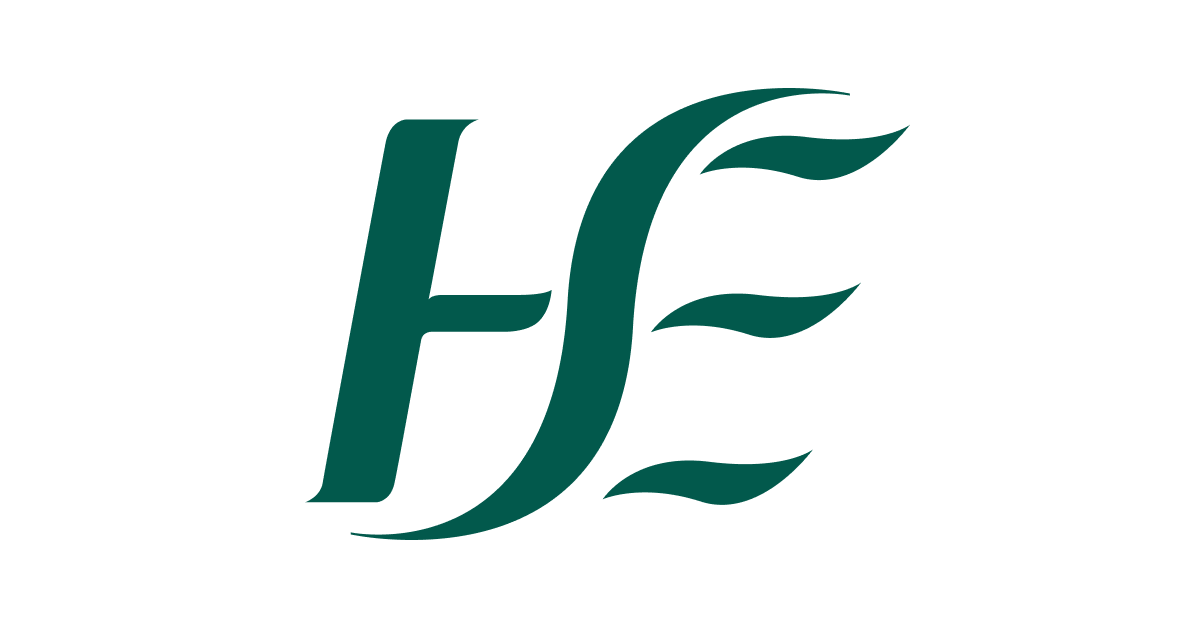Thank you for your replies.
@ClubMan: Deductable against the income tax he pays at the end of the year but thinking about it now, I can see that the question was pointless becuase the €9.8k CGT is just another tax that he has to pay and has no relevance to anything else. The question about the shares was not taking into cosideration how they are performing. The Fair Deal calculation does not take into consideration any tax he will pay on the profit of the sale of the shares. My thinking is, if he is going to be paying approximately 25% of the value of the shares in tax every time he sells them, at least if we apply for a financial review next year, the total value of the shares will have reduced significantly, so the amount he will have to pay next year will also be reduced more than if he had reduced his bank account by approx. €99,000.
@Slim: I think I may be getting completely confused with the CGT of €9.8k. Thinking again about Clubman's question, I guess my question made no sense at all because if his annual income tax bill is around €12k and his nursing home fee is €99k of which 20% is deductable against income tax, he won't pay any income tax next year. About the €9.8k, I thought that maybe this should not have been included in the original calculation by the HSE because how can it be included as part of the 7.5% of his assets when it is going to be paid back to them in tax? Maybe I could argue this point next year and see if they will reduce the total amount that he has to pay next year by the €9.8k. On your second point, it is very difficult to find places in nursing homes and he is very happy in the home that he is in. It is not a private nursing home but an old community hospital that is gradually being turned into a nursing home. If it was costing €3,000 per month, we would not move him because unfortunately, it seems that the HSE will eventually take all of his savings apart from €36k, as well as 80% of his pensions. After a life time of working hard, paying his taxes and not being entitled to a medical card because his income was over the maximum permissable amount, the Fair Deal Scheme doesn't seem very fair for people like my Dad. His application for a medical card was eventually accepted last year when he was extremely ill in hospital and it looked as if he would not be coming home. Thankfully he made a recovery but unfortunately, we were unable to look after his medical needs in our home any longer.
@twofor1: Thank you for your advise. We will definately ask for a review next year.
This whole process is making me think long and hard about my own future and the future of my family. Is it really worth while working hard, making sacrifices in order to pay into pension funds while at the same time saving for the future, when there is a risk that 80% of the pensions plus 7.5% of the savings will be paid back to HSE or a private nursing home if either my wife or I require full-time nursing care in the future. The health care system does provide an adequate service for people who get sick and may need support in their homes, in order for them to continue living in their own homes. The only option for many is to go into full-time care in a nursing home. My Dad first went into a nursing home four years ago but he was so unhappy there, we took him out of there and brought him to live with us in our home where we cared for him for as long as we could. Even though he was granted a care package for a home help for three times a day, the HSE could not provide the home helps and there were no private care agencies available to provide the service. There were also no social welfare benefits available for my wife who had to give up her full-time jpb to care for my Dad. Unfortunately, no-one can see what will happen in the future but with all the talk about the importance of saving for our retirement, I don't ever read or hear of anyone talking about the costs of nursing homes and how your savings and pensions will eventually be used to pay for long term care in one of the many nursing homes that are being built throughout the country duroing these times.
